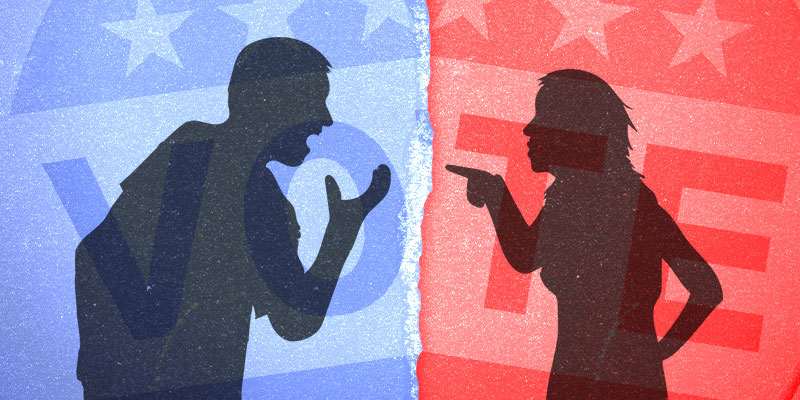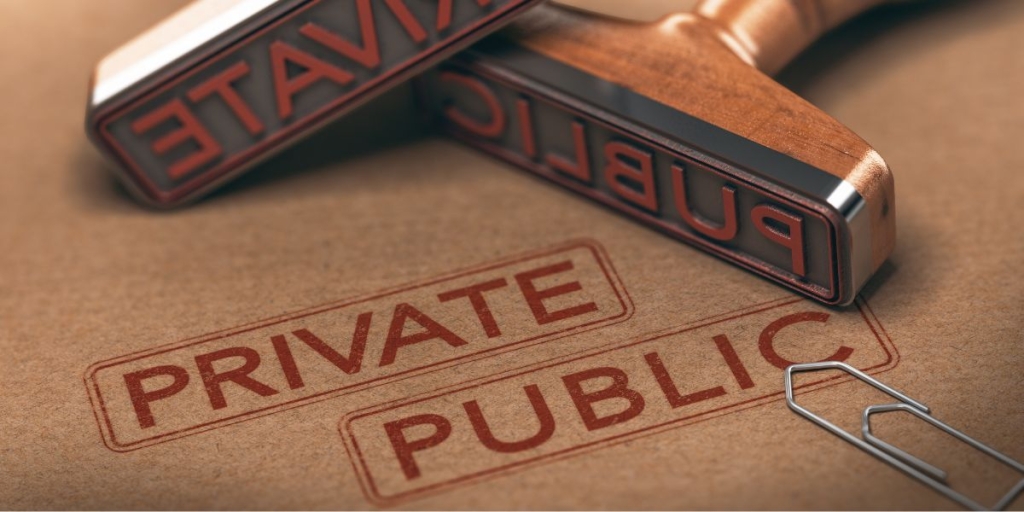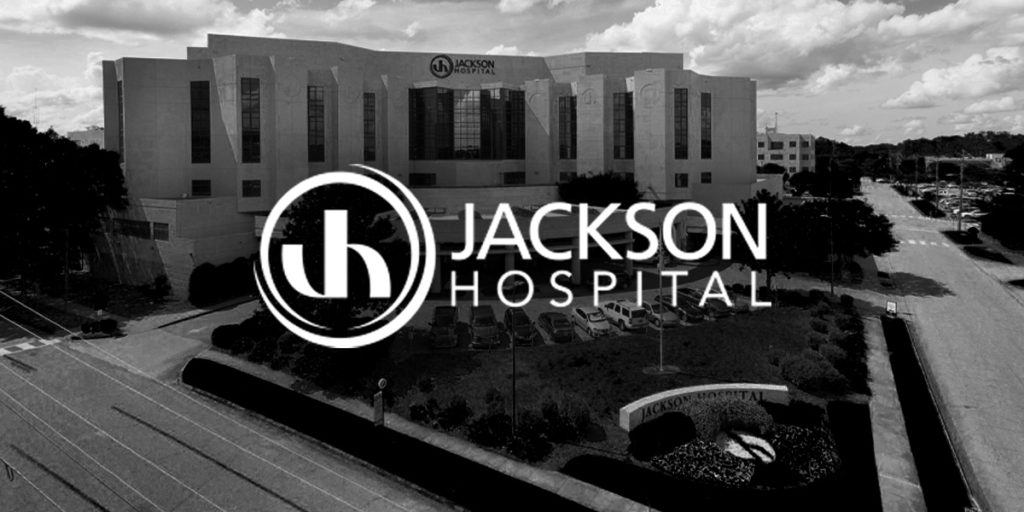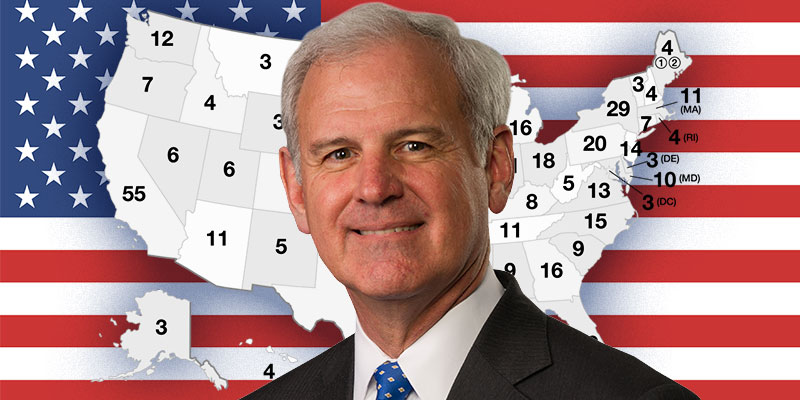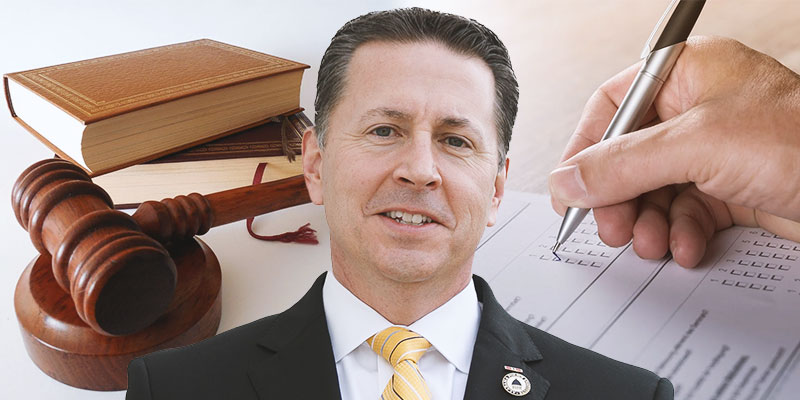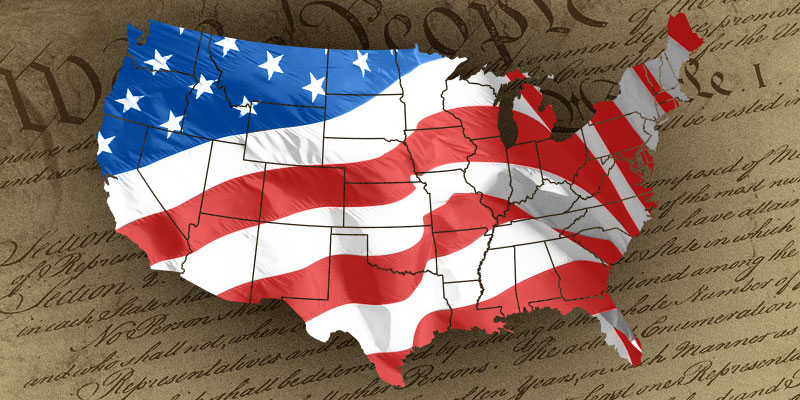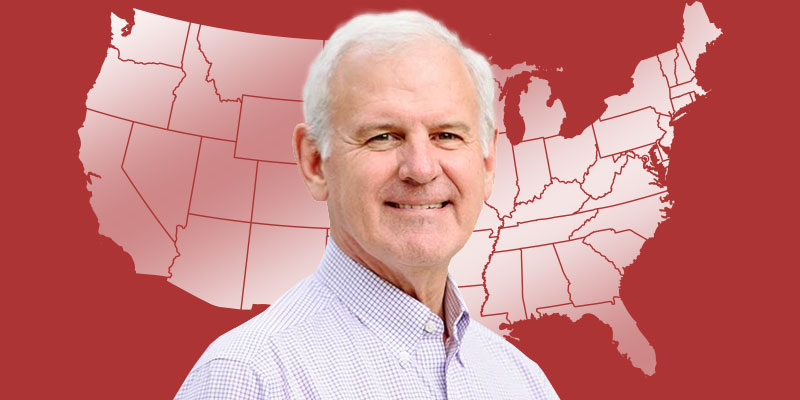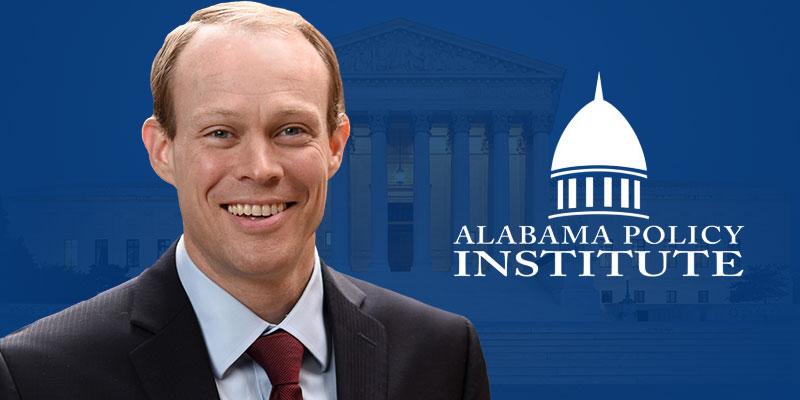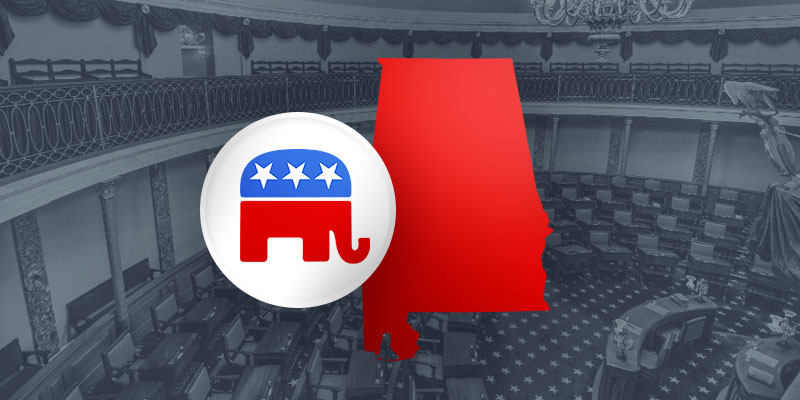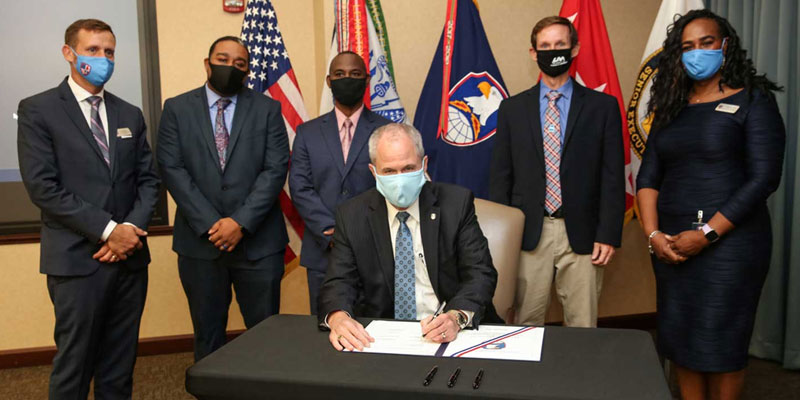Americans face a crucial choice during and after this November’s presidential election. Perhaps more significant than the contest between Donald Trump and Joe Biden is whether we still believe in democracy. Americans increasingly see their political opponents as ignorant and evil.
Opinion polls mirror social media vitriol. An Axios poll found that about half of Democrats and Republicans described members of the other party as ignorant, with one in five labeling the others as evil. Sixty-one percent of Democrats described the GOP as “racist/bigoted/sexist.”
Fair, thoughtful and kind polled in single digits with each group. About one-third of Axios respondents – including half of liberal Democrats – would be “disappointed” if a close family member married someone of a different political affiliation.
What we believe about others shapes our reaction to our differences. Do we respect or dismiss differences in food, sports, jobs, religion or politics? Do we recognize others as deserving to pursue their life goals? This perspective affects our social interactions.
Judging others as inferior underlies prejudice and hatred. Humans have too frequently viewed those of other races, religions, ethnicity, or sexual orientation as inferior or deficient. America’s major divide today is seemingly political. Seeing others not as persons but exclusively as part of an “inferior” group makes conflict more likely.
Two elements of societal interaction further encourage conflict. The first is the anonymity of the group. Social scientists and psychologists have long noted that people are more likely to hurt others when part of a crowd.
The second factor is a lack of interaction with persons from the other group. If groups sort themselves, people never have encounters which might undermine prejudices. Desegregating the military, schools, and universities allowed mixing and helped Americans recognize our common humanity.
Many observers have noted America’s enormous political sorting over the past several decades. The sorting has been both physical and informational. Conservatives and liberals increasing work at different jobs and live in different communities. And they get news and opinion from different sources with little constructive exchange between the viewpoints.
Both markets and democracy require tolerance and acceptance. Activity in markets is exclusively voluntary; others can always refuse our offers. We must accept someone’s choice to not do business with us.
In democracy, everyone, even those of the “inferior” group, can vote. The political and economic rights of all persons must be respected even after “we” win an election. We must tolerate criticism of our views. Everyone must remain free to participate in the next election campaign.
America’s growing political division is undermining tolerance. Polls reveal that about one-third of Republicans and Democrats believe it would be “at least a little justified for their side to use violence in advancing their goals” up sharply from 2017. Persons identifying as “very liberal” or “very conservative” are more likely to see “a great deal” of justification for violence after a loss this November.
Public choice economists like myself have identified many weaknesses of elections and representative democracy. We expect elections to carry too much weight in our political system. Public choice largely sympathizes with Winston Churchill’s famous observation that “democracy is the worst form of Government except for all those other forms that have been tried.” Elections help ensure that government serves the people instead of people serving the rulers. Voting deescalates political conflict; competing factions agree to settle their disputes with ballots, not bullets.
Today many Americans talk about crushing those they disagree with and imposing their political agenda. Perhaps people are merely talking smack as when playing sports or video games. If so, polls may overstate Americans’ mutual animosity.
The late Harvard political scientist Samuel Huntington observed that democracy has never collapsed in a wealthy nation. Yet researchers do not understand exactly how a peaceful and civilized nation descends into violence. Our biggest choice after November 3 may be whether we will test Professor Huntington’s thesis.
Daniel Sutter is the Charles G. Koch Professor of Economics with the Manuel H. Johnson Center for Political Economy at Troy University and host of Econversations on TrojanVision. The opinions expressed in this column are the author’s and do not necessarily reflect the views of Troy University.




